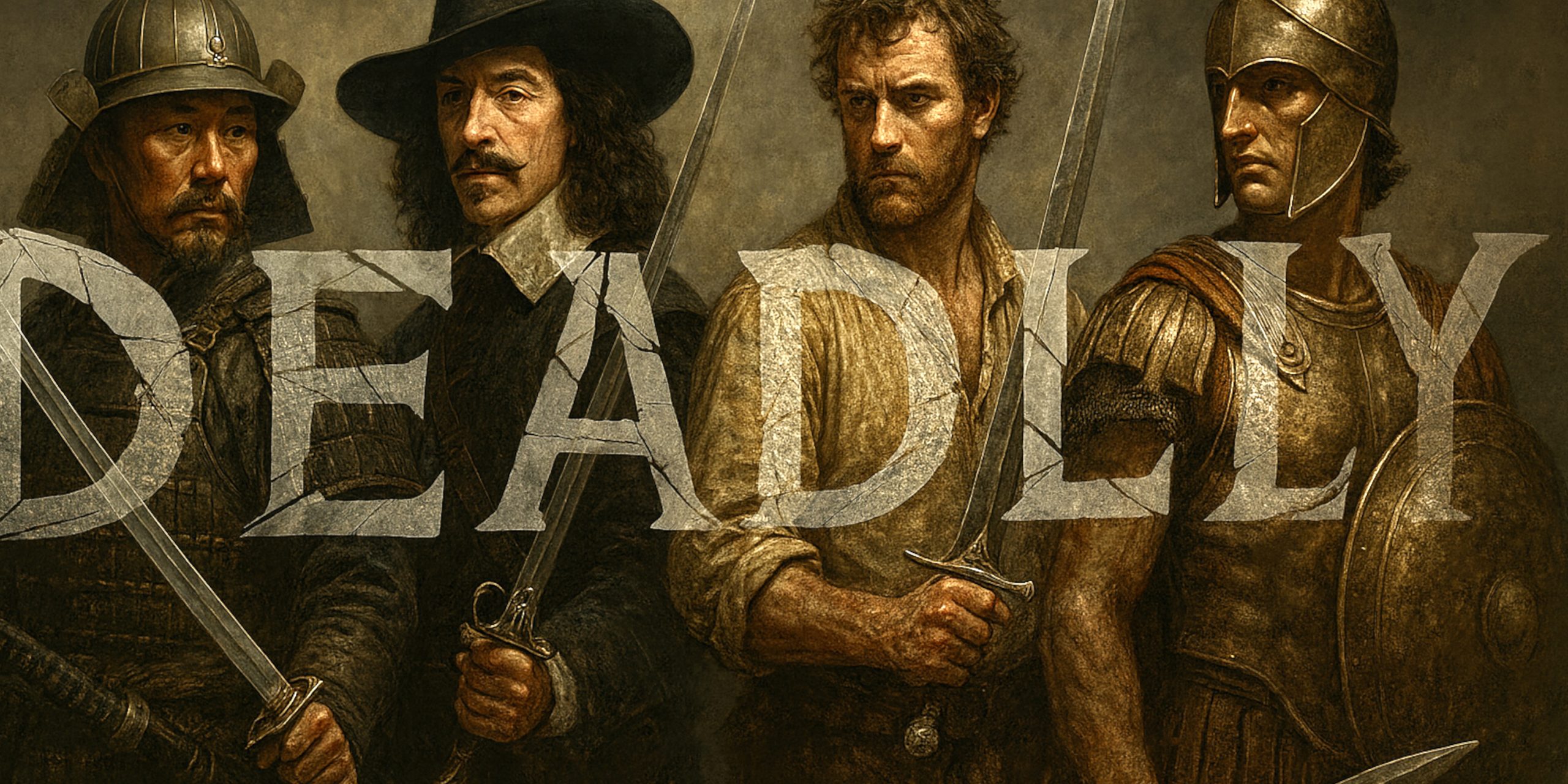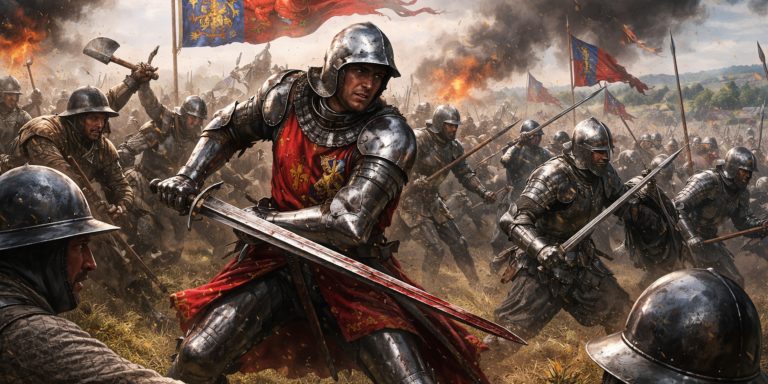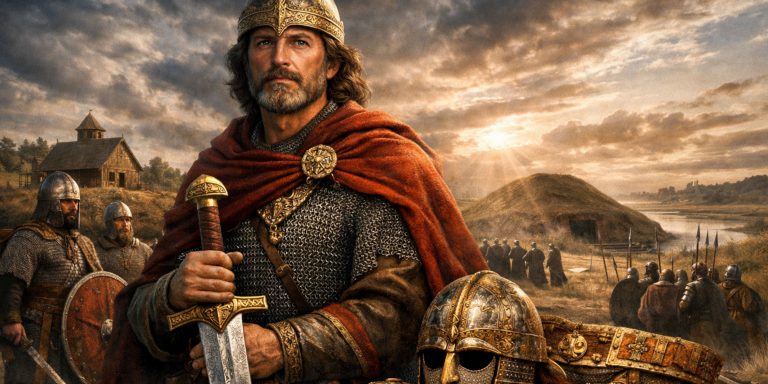
Duelling has always had that peculiar blend of formality and brutality. The premise was simple: two people, one grievance, and the implicit understanding that only one might walk away upright. History and legend are littered with these figures. Some were professionals, others accidental killers, and a few were the sort of people you would never want to bump into in a tavern, especially if you spilt their drink.
Here is a tour of the deadliest duelists, both real and half-imagined, who made the practice infamous.
Miyamoto Musashi – The Unbeaten Samurai

Musashi was less a duelist and more a walking obituary machine. Active in 17th-century Japan, he is credited with winning over sixty duels, often against highly trained opponents. His style was unorthodox, including using two swords at once or, famously, carving a wooden blade from an oar to batter an enemy to death. He later retired to write The Book of Five Rings, proving that the pen is only mightier if you already used the sword.
Cyrano de Bergerac – The Poet with a Point
Forget the romanticised stage play. The real Cyrano was a soldier, philosopher, and prolific duelist. He wielded both sword and wit with the same sharpness. While his nose became the stuff of legend, so did his reputation for taking on anyone who dared challenge him. He fought duels in Parisian streets like some people fight traffic.
Donald McBane – The Soldier of Misfortune
A Scottish fencing master, gambler, and soldier, McBane spent his life fighting duels across Europe in the late 17th and early 18th centuries. He claimed to have fought over a hundred bouts, and while prone to losing money, he rarely lost blood that wasn’t someone else’s. His memoirs read like a manual for surviving the kind of nights your mother warned you about.
Alexander Pushkin – The Poet Who Should Have Stayed Home
Russia’s greatest poet was also a compulsive duelist. Pushkin fought more than twenty duels, mostly over perceived slights to his honour. In 1837 he picked the wrong opponent, Georges d’Anthès, a French officer who shot him fatally. If Pushkin had written less poetry about honour and spent more time in the library, Russian literature might have been a little richer.
Fiore dei Liberi – The Medieval Fencing Master
Fiore, a 14th-century Italian master, wrote The Flower of Battle, one of the earliest fencing manuals. He fought judicial duels and trained nobles in the fine art of separating limbs from torsos. He was not just deadly but systematic, ensuring future generations could replicate his techniques. The man basically franchised lethality.
José Zorrilla de San Martín – The Swashbuckling Uruguayan
Son of Uruguay’s national poet, Zorrilla was a romantic, a nationalist, and a duelist by inclination. He fought with both sabre and pistol, proving that duelling had gone global long after Europe supposedly gave it up. His reputation was equal parts patriotism and sharp steel.
Legendary Figures – The Line Between History and Myth
Achilles
If Homer is to be believed, Achilles was the ultimate duelist of the ancient world. His killing of Hector outside the walls of Troy reads like the ultimate one-on-one showdown. Whether he was real or not hardly matters. The story set the bar for lethal combat.
Cú Chulainn
Ireland’s mythical hero was so fond of single combat he made it a career choice. Armed with the barbed spear Gáe Bulg, he took on all comers, usually to their detriment. If you found yourself on the wrong end of his temper, you were not likely to survive long enough to regret it.
Lancelot
The Arthurian knight managed to juggle chivalry, romance, and deadly skill with the sword. Whether jousting in tournaments or duelling rivals, Lancelot’s reputation as the greatest knight of his age has never really been surpassed. Not bad for a man who spent much of his career in love with someone else’s wife.
The Seven Swords Takeaway
Duelling has always been about more than killing. It was performance, honour, theatre, and sometimes sheer bloody-mindedness. The duelists above, both real and imagined, represent the razor’s edge of human obsession with fighting. Some died for it, others lived long enough to write manuals or poems about it. Either way, the duel remains proof that when people take offence, they can be alarmingly creative about settling it.



